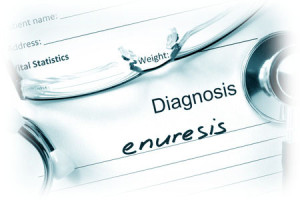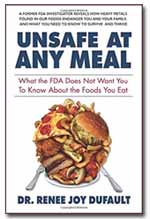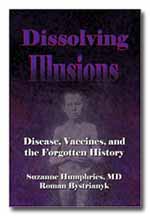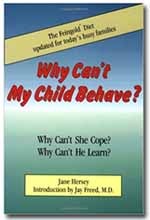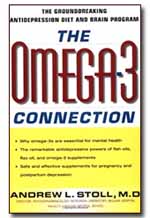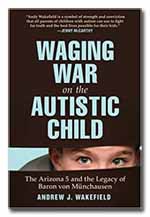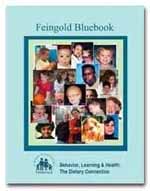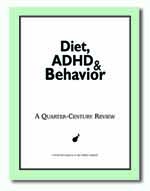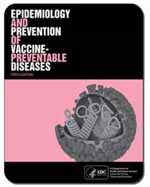In the summer of 1995, Hans Eibert of the University of Copenhagen announced in the journal Nature Genetics that he had found the approximate location of the gene believed to be responsible for enuresis, or bedwetting, which affects about 8 percent of children past the age of seven.
Scientists have long known that this problem runs in families, so finding a gene is not a surprise. Unfortunately, ADHD tends to run in the same families to such an extent that doctors have been told to watch for a bedwetting child to develop symptoms of ADHD, and to be sensitive to the fact that children with ADHD may have problems with enuresis as well.
The Diet Connection
The good news is that it is common for children to stop bedwetting once they begin the Feingold Program. Not all children are alike, of course – for some, accidental exposure to the eliminated additives results in bedwetting, while for others it seems that the salicylates are the irritant resulting in a wet bed or wet pants. For yet others, the culprit is milk.
While we have had many parent reports of the connection, there have unfortunately been only a few published studies connecting diet to enuresis.
In 1992, Egger published a study on children who suffered from either hyperactivity or migraine which had improved on a Feingold-type diet. Of the 21 children in that study who also had enuresis, 76% of them stopped or improved on the diet.
Jakobsson, in 1985, described a case of enuresis resulting from cow’s milk. Although, of course, the Feingold diet does not exclude cow’s milk, we do suggest considering it as a possible problem for those who do not respond to the diet alone.
This information is not intended to replace qualified medical care – it is always a good idea to ask your doctor to rule out bladder or kidney infections or other physical problems. Nevertheless, at the same time your children still have to eat – they might as well eat the best possible foods.
Go to studies on enuresis

